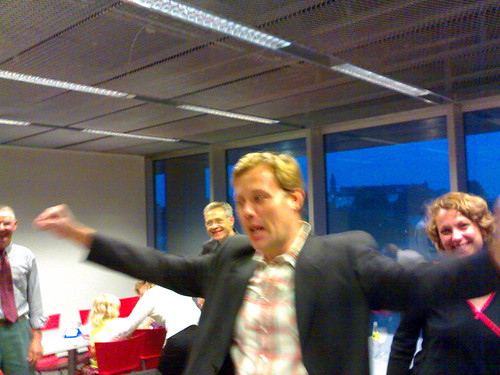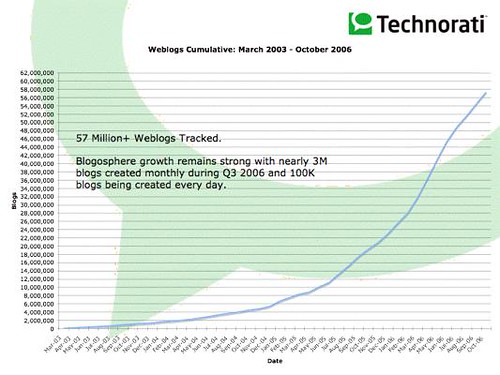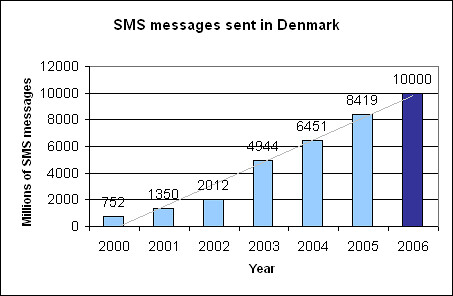Ex-co-PhD student Martin Sønderlev Christensen (of nowuseit fame) defends his thesis masterpiece at ITU tomorrow (14:00, Auditorium 4 or 2).
The thesis is here (draft version).
Update:

By stilleben [‘stelle:bĆŹn] http://www.flickr.com/people/stilleben/
The abstract reads:
Abstract
This dissertation offers a cultural theoretical interpretation of the emergence of personal affective mobile media [PAMM]. By interpreting the apparent cultural changes and representation of mobile devices, the dissertation provides a description that emphasizes a conceptual shift from understanding technology as efficiency to using it affectively.
Continue reading As we may watch


